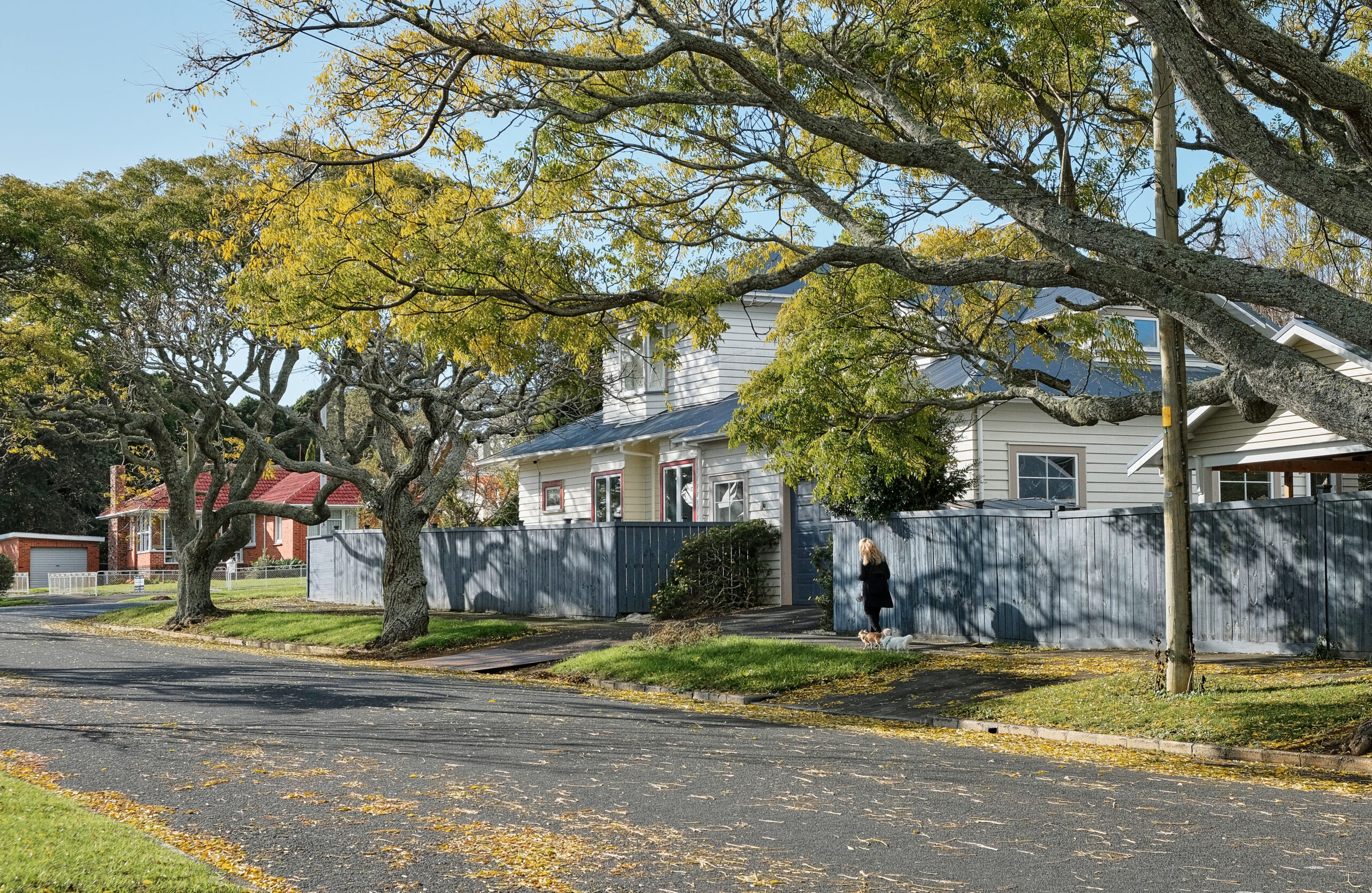Most of us can’t buy a property with a bag full of cash, you will need a deposit and a home loan, but how much of a deposit do you need? There is no hard and fast rule in terms of what percentage you will need, but to have the most options and get the best interest rate, you should aim to have a 20% deposit for a home and a 30% deposit for an investment property.
You can make the deposit up from a mixture of:
- Genuine savings (KiwiSaver applies for first home buyers)
- Gifts
- Accessing the equity in other properties you own
- Accessing the equity in your family’s properties
Check out last months article to learn how much available equity you might have to use. Or use our new 90-second instant online mortgage calculator.
Scenario 1 – buying a home
You’ve found your dream first home, a renovated villa, it costs $750,000 – so what are your deposit options?
- 5% deposit of $37,500
All of this would need to be genuine savings, banks view a 95% mortgage as risky – meaning they ensure there is little to no risk in your income, savings ability and account conduct - 10% deposit of $75,000
Half of this, $37,500 would need to be genuine savings. Remember your KiwiSaver can be withdrawn for your first home and this counts as genuine savings - 15% deposit of $112,500
Now you’re offering the bank much safer security so only a third of the deposit ($37,500) would need to be from genuine savings. Available equity from your other properties counts as genuine savings. - 20% deposit of $150,000
This is a happy place for the bank or non-bank lender. At this level, the bank usually doesn’t require any evidence of genuine savings. Once you have a deposit of 20% you will qualify for the banks ‘special rates’ this means you can access the lowest interest rates. When you are under the 20% threshold you get charged a low equity fee or a low equity premium – depending on the bank.
Scenario 2 – buying an investment property
You’ve found the ideal investment property, a home and income on a large section which will potentially be subdividable in the future. It is for sale for $1,100,000. What are your deposit options?
- 5-10% isn’t workable to purchase an already built investment property
- 15% deposit of $165,000
This is a tough ask but you could try to get this deal through using a non-bank lender – but you will probably have to pay a small interest rate premium compared to the banks’ rates and some fees associated with the application and setup. - 20% deposit of $220,000
This is getting easier but banks are still unlikely to lend you the money, they have a Reserve Bank of New Zealand rule restricting the number of loans they can do where investment properties are purchased with a less than 30% deposit. In saying this, a lot more non-bank lenders will compete for your business, so you should see better rates than with a 15% deposit. - 30% deposit of $330,000
This is where banks are happy to lend you money for investment properties.
What about a brand new property? If you buy ‘off the plans’ – the banks view the property as less risky. It is possible you will be able to access bank funding with a deposit as low as 10% if you have an exemplary servicing ability. However, we see deals with 20% deposits getting approved frequently.
Please remember there are two parts to every approval, the bank considers your deposit size and your income. The income and expenses calculation is known as your servicing ability. You need to pass both tests and others to get a mortgage. To see your borrowing power taking into account 20% deposit and servicing use the new 90-second instant online mortgage calculator.


